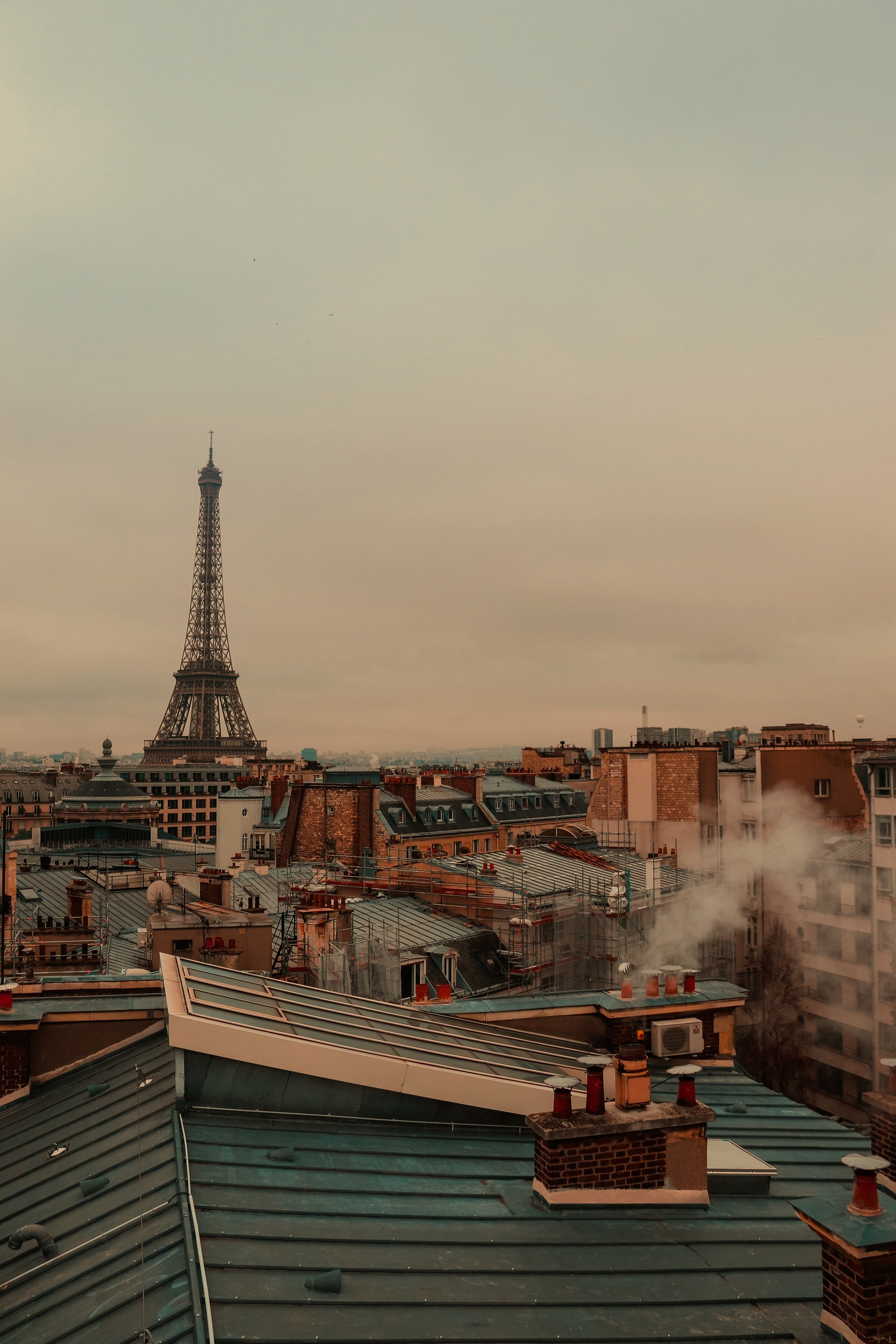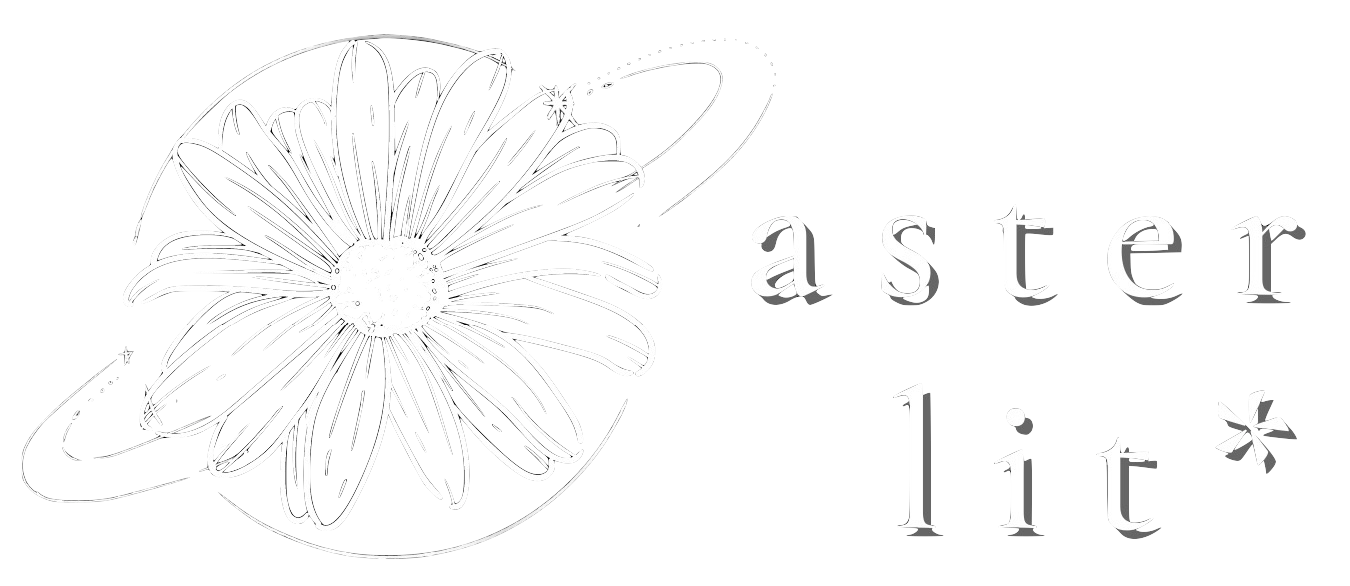
aster lit issue 11: et cetera
editor theme reflections
Emma Zhang, Editor-in-Chief
One of the most beautiful parts of human existence is how hard it is to define—one moment spills into the next, only sectioned by concepts like “year,” “day,” “beginning,” and “end,” each of which made to establish some sort of order, control, or finality to this endless stitching of memories and happenings, ricocheting and expanding since the beginning of time.
One of my favorite books, Rings of Saturn by W.G. Sebald, is often characterized by the quote: “On every new thing there already lies the shadow of annihilation.” In the book, the main character, now in a hospital bed, recalls a wandering through Europe: washed out beach towns, failed silk gardens, aftermaths of industrialization and imperialism. The nuances of civilization always entail a previous story, an unfinished chapter, hastily wrapped up by the need to make things permanent—the continuation of more that follows: another sentence, another skyscrapers, a generation with only inklings of what happened in the past (much like the 10% flow of energy through the trophic levels). And yet, what happens between then and now? What happens to the bits left out of history, of memory, omitted for the sake of time, space, and concision?
When I think of “et cetera,” I think of those people patrolling washed-out creeks with metal detectors on a Sunday afternoon, perhaps finding a jewel on a golden comb dating hundreds of years ago. Though without any metal detectors, Alyssa Loorya, an urban archaeologist in New York City, has found a foundation wall of wooden pipes from the eighteenth century, along with buttons from Revolutionary War uniforms, clay pipes, and an imported mineral water bottle from Germany. Stories told in the cracks, in between history books and glistening museums, even obscured from the already fickle and faltering nature of memories—et ceteras are the secret glimpses that don’t quite fit: in history, in language, in us.
Celina Simone, Managing Editor
In life, we’re told that everything is important, and everything matters. But when we are writing and speaking that sentiment can be lost when we are busy trying to make ourselves sound as such. It is human nature to fear oblivion. We see it like a dark force that circles around everything that goes unsaid or forgotten.
But while we seem to fear becoming a vague piece left to crumble at the end of a sentence, et cetera embraces this breaking with open arms. It began as the word ceterus meaning “left over.” Then as we evolved to realize there are many things we don’t have time to say, the Romans added the article et (meaning and), then conjugated ceterus to be cetera which more poetically is translated to “the rest.”
And as writers, it seems we are always fighting this notion of being lumped in with “the rest.” We fight mortality with journals chronicling our lives, and publications with by-lines that will surely surpass us by leaving a legacy on the page. But for all the times we forget, or didn’t want, to write about, et cetera was right there. It holds on to all the scraps of life that we wanted to eject from our stories and waits for us to return to the end of sentences closed off with an etc. hoping we will give all of these little pieces a home.
Fiona Jin, Managing Editor
We grow up with an idea of what a story “should” look like—exposition, climax, resolution. The Hero’s Journey. Temporal linearity. The “good guys” and the “bad guys.” But what goes on in the darkness of the theater as spotlights shine on the performers? I truly believe in the power of finding significance in what may be regarded as insignificant by the prevailing narratives governing our perception of the world.
The use of “et cetera” suggests that there’s more, and perhaps there’s more to everything and anything, even when we don’t acknowledge it. Especially when we don’t acknowledge it. I’m thinking about the concept of “the” truth and how perhaps it doesn’t exist, but only becomes more expansive as we examine the fundamental nature of façades, the afterglow of the luminous, the subversion of expectation, the ghosts of light when we close our eyes after a long day. What starts to appear when we don’t look away from the sun?
Sara Nath, Editor
Recently, I have been thinking of the universe. How it expands, faster and faster, while containing all space and all time, planets and dust and stars, you, me, what we say and what we don’t. There is truly no word in the English language — or perhaps, in any human language — that is large enough to contain the immensity of the universe and all that it stores.
It is within this thick, glittering pool that humanity rests: one glimmer in a relentless night.
But look closer — and the world eclipses in color.
As humans, we constantly seek more & more & more. We expand and quantify and define, only to destroy those delineations and begin again. We grow and devour, cut and sting, bridge and burn. We cut pictures out of magazines and water plants and wage wars and search for reason. We talk faster and build better machines and consume and create — and the universe grows larger and larger and larger with the weight of us. Our world is small, but it is densely detailed.
Historians expound and poets distill, but it is all part of the same battle: what do we keep and what do we leave out?
I’ll leave you with what the scientists already know: energy cannot be created or destroyed; it can only be transformed. Every word, every feeling, every careless ‘etc.,’ once dreamt, is immortalized. It still lingers in our ever-growing universe. So reach out, and let your fingers drift through the waters. See what catches.




